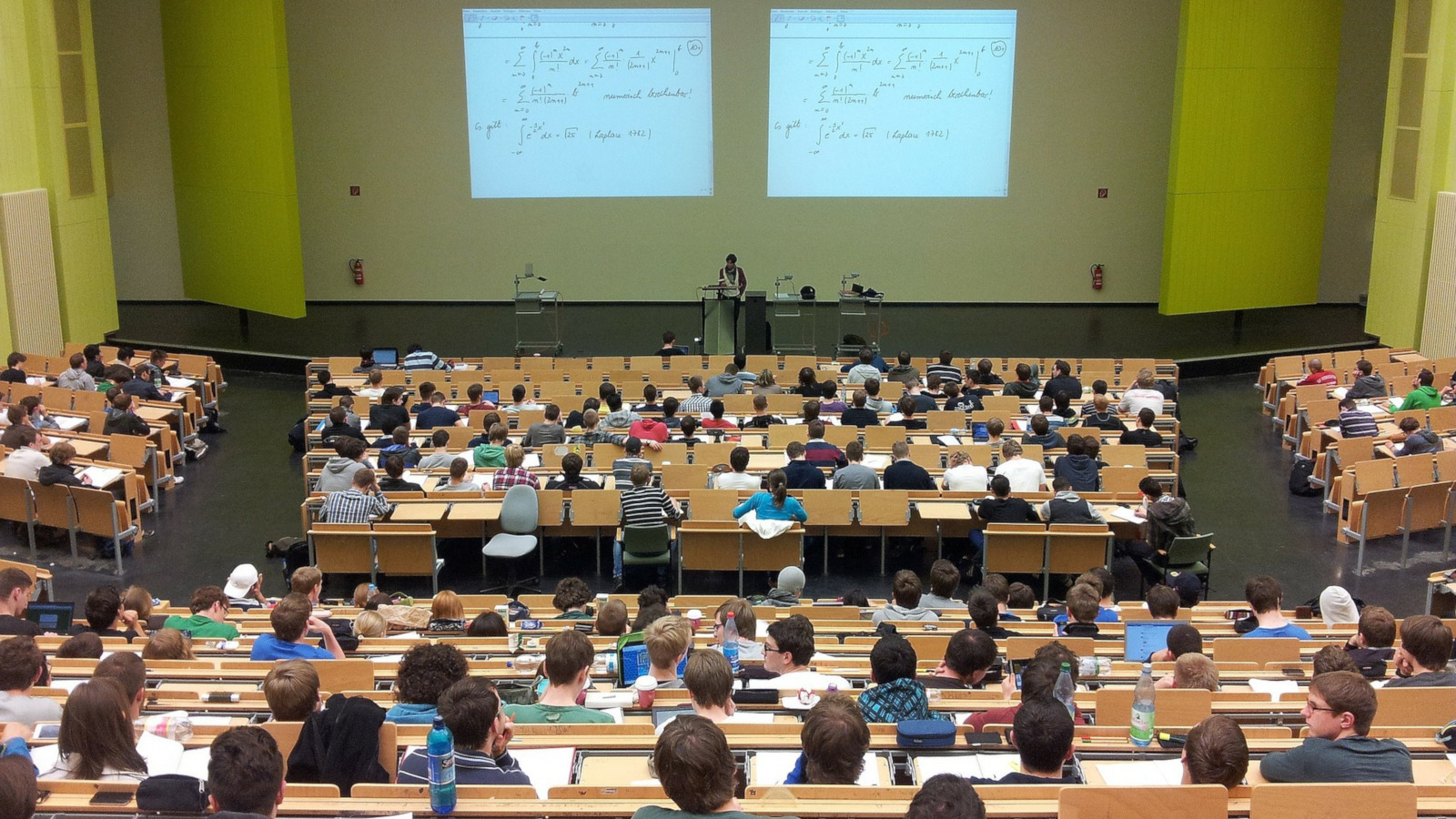ITR data states that community college revenue from property tax collection has increased from $50.7 million in 1999 to $166.6 million in 2019 statewide. | Stock Photo
ITR data states that community college revenue from property tax collection has increased from $50.7 million in 1999 to $166.6 million in 2019 statewide. | Stock Photo
Community colleges are adding to the tax burden, and Iowa property owners who live in their districts are beginning to notice, according to an Iowa tax group.
“The property tax transparency bill that passed the Iowa Legislature and that the governor signed a few years ago only dealt with cities and counties,” Chris Ingstad, president of Iowans for Tax Relief (ITR), said. “People are paying more and more attention to what the various levels of local government are doing. I wouldn't be surprised if school districts and community colleges are examined pretty closely here going forward.”
Part of the problem, ITR reports, is that Iowa’s 15 community colleges are permitted to assess taxes on residents who own property in their districts.

Iowans for Tax Relief President Chris Ingstad
| file photo
“It's been that way for a long time, and why do they get to have their own tax district?” Ingstad told the Hawkeye Reporter. “Because our property tax statements show lots of taxing districts, our larger concern is with how quickly they continue to grow their tax collections from property owners.”
In only 10 years, community college revenue from property tax collection has increased from $50.7 million in 1999 to $166.6 million in 2019 statewide, according to ITR data.
“It flies under people's radar a lot because the total property tax bill is dominated by cities, school districts, and counties,” Ingstad said in an interview. “As a result, people tend to overlook the property taxes levied by community colleges but those dollars are growing really, really quickly.”
Taxes assessed in community college districts are typically in addition to property taxes levied by cities, counties, and school districts, according to Ingstad.
“It all goes into your bill but the good thing about Iowa's property taxes is that the bill is broken down by authority,” he said. “People normally pay attention to the three biggest ones, which are city, their school district and county. That’s why community colleges are getting a free pass in the property taxpayer’s mind because they just don't read far enough down their statement. As quickly as these dollars have grown, tells me people need to pay attention to the community college levy too.”
Revenue collected by community colleges is used to fund a full spectrum of costs, including their general fund, unemployment, liability, insurance, early retirement, equipment, planned funds, bonds and interest.
“That's understandable because as a government-provided service, the taxpayer needs to fund it but the question is should the taxpayer be funding it at a rate that triples inflation,” Ingstad said. “They'll point to valuations or assessments or growth, saying that their tax base is growing and there's some truth to that but the dollars collected have outpaced the growth of the assessment increases. They're grabbing taxpayer dollars at a rate faster than most of us can earn them.”
Some examples of community colleges in Iowa are the Hawkeye Community College Main Campus in Waterloo, Western Iowa Tech Community College in Sioux, Kirkwood Community College in Cedar Rapids, Ellsworth Community College in Iowa Falls and Iowa Western Community College in Council Bluffs.
“The reality is the total amount of property taxes,” Ingstad said. “They've tripled over the last roughly 20 years. That's a lot of money and way more than inflation can account for.”




 Alerts Sign-up
Alerts Sign-up